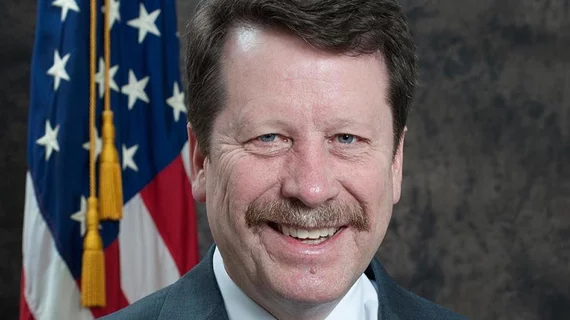Senators to question cardiologist Robert Califf, Biden’s nominee to lead FDA, on industry ties and COVID-19 response
Robert Califf, MD, President Joe Biden’s nominee to be the next FDA commissioner, may face some tough questions Tuesday, Dec. 14, during his confirmation hearing with the Senate Health, Education, Labor, and Pensions (HELP) Committee.
This will be a familiar situation for the cardiologist, who briefly served as FDA commissioner under President Barack Obama in 2016. It was reported at the time that prominent cardiologists hoped he would stay in the role under President Donald Trump, but that did not happen.
Bloomberg Law published a detailed preview of the hearing, noting that Califf is expected to field questions about a number of topics, including his ties to the pharmaceutical industry and his views on how the FDA responded to the COVID-19 pandemic.
Califf’s close relationship with the pharmaceutical industry—he has ties to nearly 20 different organizations in total—has long been the topic of intense scrutiny. Multiple Senators have already publicly stated they won’t vote to approve him for that very reason. Also, Sen. Bernie Sanders, one of the lawmakers most concerned about keeping pharmaceutical companies in check, sits as a ranking member of the committee.
Biden, meanwhile, called Califf “one of the most experienced clinical trialists in the country” in an official White House statement. He also praised Califf’s “steady, independent hand.”
Senators may be especially interested to hear Califf’s stance on how the FDA responded to the ongoing pandemic because, in late 2020, he was one of seven former FDA commissioners who publicly urged the White House not to interfere with the development of COVID-19 vaccines. Also, with the pandemic far from over, Califf would likely play a key role in the regulation of various COVID-19 tests, vaccines and treatments.
The HELP Committee confirmation hearing will be televised on C-SPAN on Dec. 14 beginning at 10 a.m. ET. More information is available on the channel’s website.

